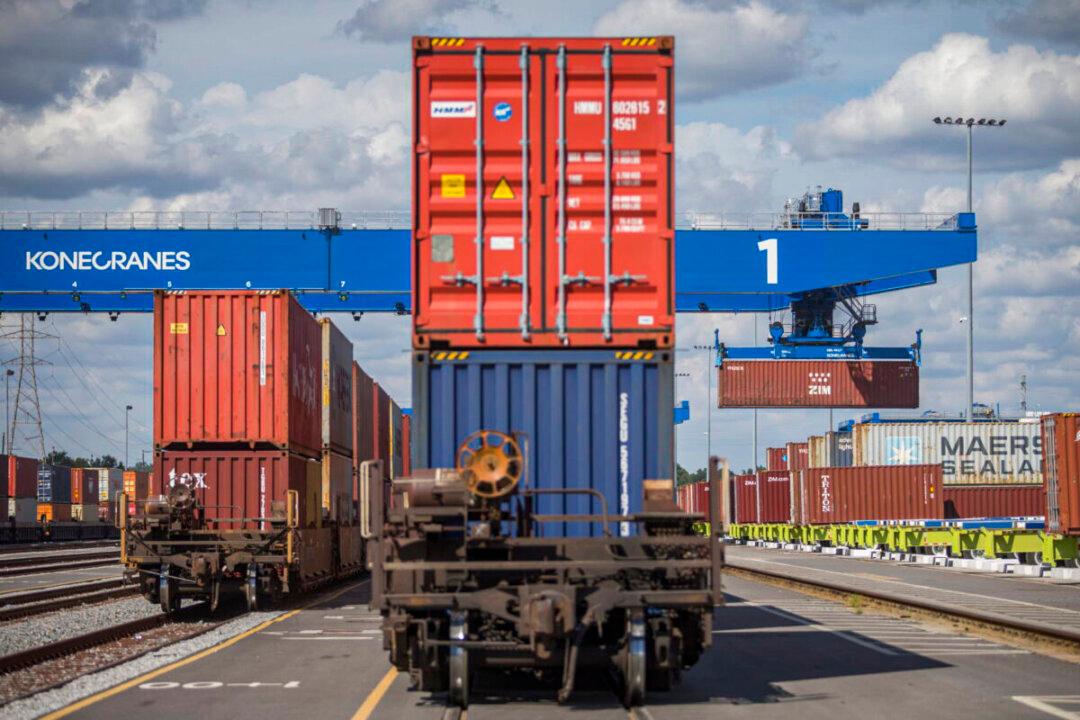The U.S. Department of Transportation’s Maritime Administration on Feb. 23 said that American ports facing backlogs will be given access to $450 million from the Biden Administration’s $1 trillion infrastructure act, as part of the White House’s attempts to ease the supply chain crisis and lower prices for consumers.
The supply chain bottlenecks have slowed the flow of goods to store shelves and have pushed up costs throughout the world.





